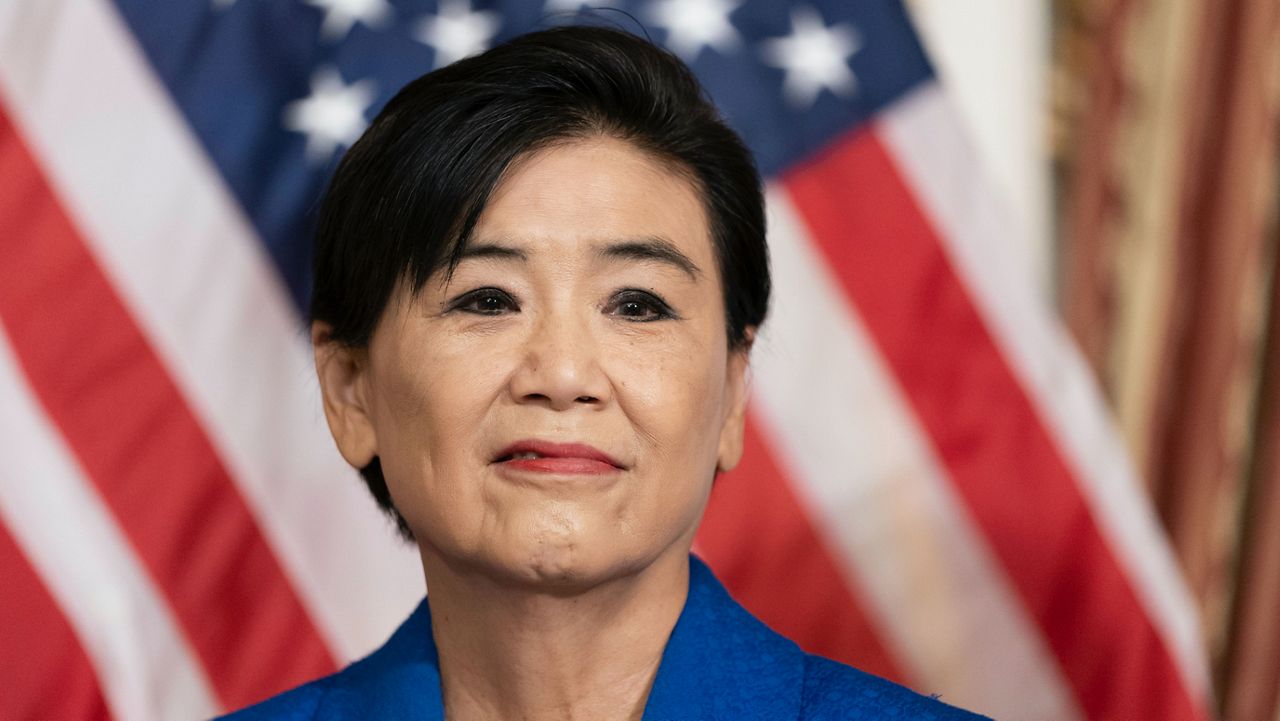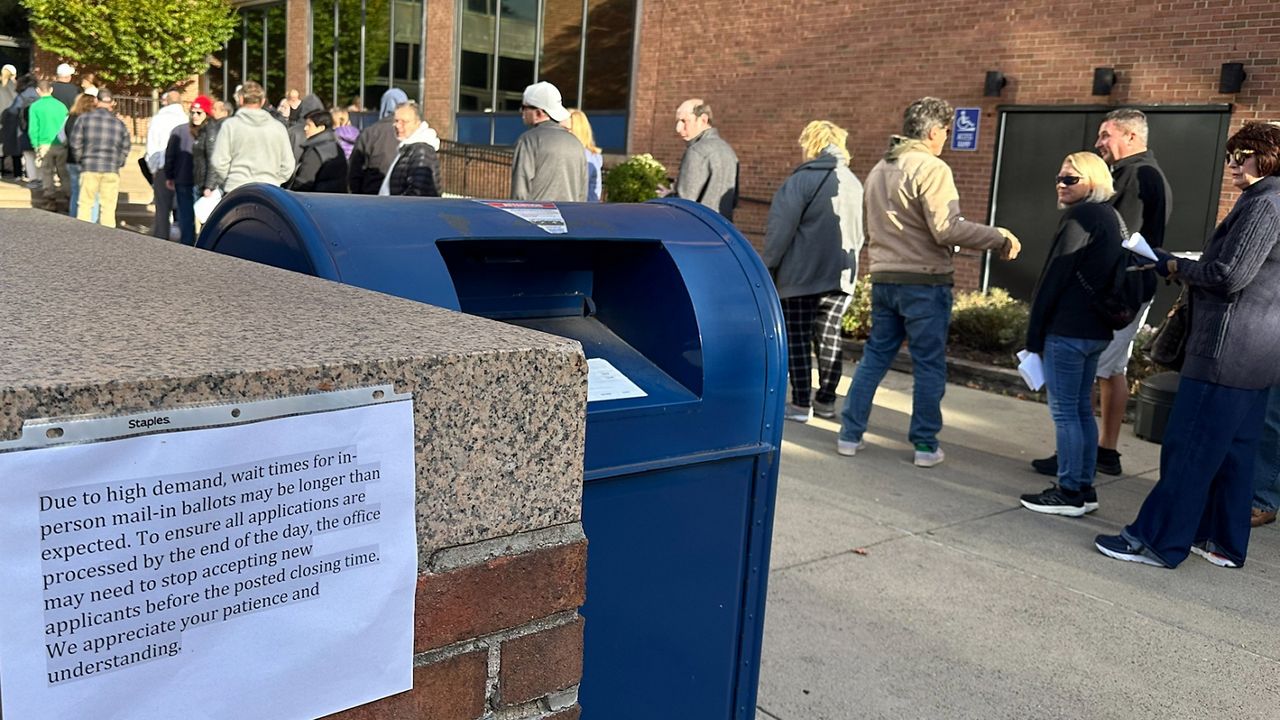In 1999, then-President Bill Clinton signed an executive order establishing the White House Initiative on Asian Americans, Native Hawaiians, and Pacific Islanders, a symbolic gesture of support that was adopted by each of his successors — until the Trump Administration broke the streak.
But when President Joe Biden re-issued the executive order in 2021, the White House sought to move beyond Clinton’s initial, symbolic intent. Hate crimes against Asian-Americans spiked by 73% during the COVID-19 pandemic, according to the FBI. The solution would come following a full-government approach to “advance equity, justice, and opportunity for AA and NHPI communities,” the administration promised in 2021.
“We have been combating anti-Asian hate for the past three years due to COVID-19 and Trump calling it the ‘China virus,’” said Rep. Judy Chu, D-Calif., chair of the Congressional Asian Pacific American Caucus. “There have been 11,500 anti-Asian hate crimes and incidents [since then]. And what impressed me right away about President Biden is that he made this top issue, he wanted to combat it, in whichever way he could.”
Almost two years later, Chu says the White House is delivering on that promise.
Tuesday, the Biden-Harris administration released its National Strategy to Advance Equity, Justice, and Opportunity for Asian American, Native Hawaiian, and Pacific Islander communities. The 30 page report summarizes the action the administration has already done, including signing a bill to study building a national museum for Asian Pacific American culture, examining Asian-American representation in cabinet positions, and confirming and appointing members of the Asian-American, Native Hawaiian and Pacific Islander communities to the federal judicial bench.
Thirty-two federal agencies, as well as departments within the President’s cabinet, also participated, putting forth their own agendas aimed at advancing AANHPI inclusion.
“I really felt that the departments took this seriously, studied the issues, and had very concrete plans. And so I was gratified that they really got [the issues],” Chu explained. “The Department of Justice talked about the efforts that it took to provide resources to local officials, community leaders, residents and victims so that they could have the tools that they needed in order to prevent and address hate crimes and incidents,” including a web page and instructions for reporting hate crimes to the FBI.
The Department of Justice webpage to report hate crimes and incidents is explained in 24 different languages, which Chu called “a key concern” that AANHPI advocates were worried about.
“We want more resources for victims or potential victims, but in all the different languages because 70% of our population are immigrants, and many of them are more proficient in other languages. So having that array of languages was very, very important.”
The report released Tuesday also builds upon Biden’s executive order, focusing on seven strategies, including those meant to promote belonging and combat anti-Asian discrimination; improve langauge access; expand federal workforce diversity; and build outreach toward AANHPI communities.
The report also notes that three subgroups are continuing to lead some workstreams, and meet regularly with the White House, including those focused on combating anti-Asian hate, promoting language access and prioritizing data disaggregation for AANHPI communities.
Chu says that while this report and the efforts by the federal government are an important step, AAPI hate is not going away. Just last week, a student at Indiana University was attacked while riding the bus, simply for appearing to be of Asian descent.
“Even though these aren't in the headlines anymore, these hate crimes and incidents are still happening out there. And every time we hear of one, it just strikes more fear into the hearts of people in the AAPI community,” said Chu.








